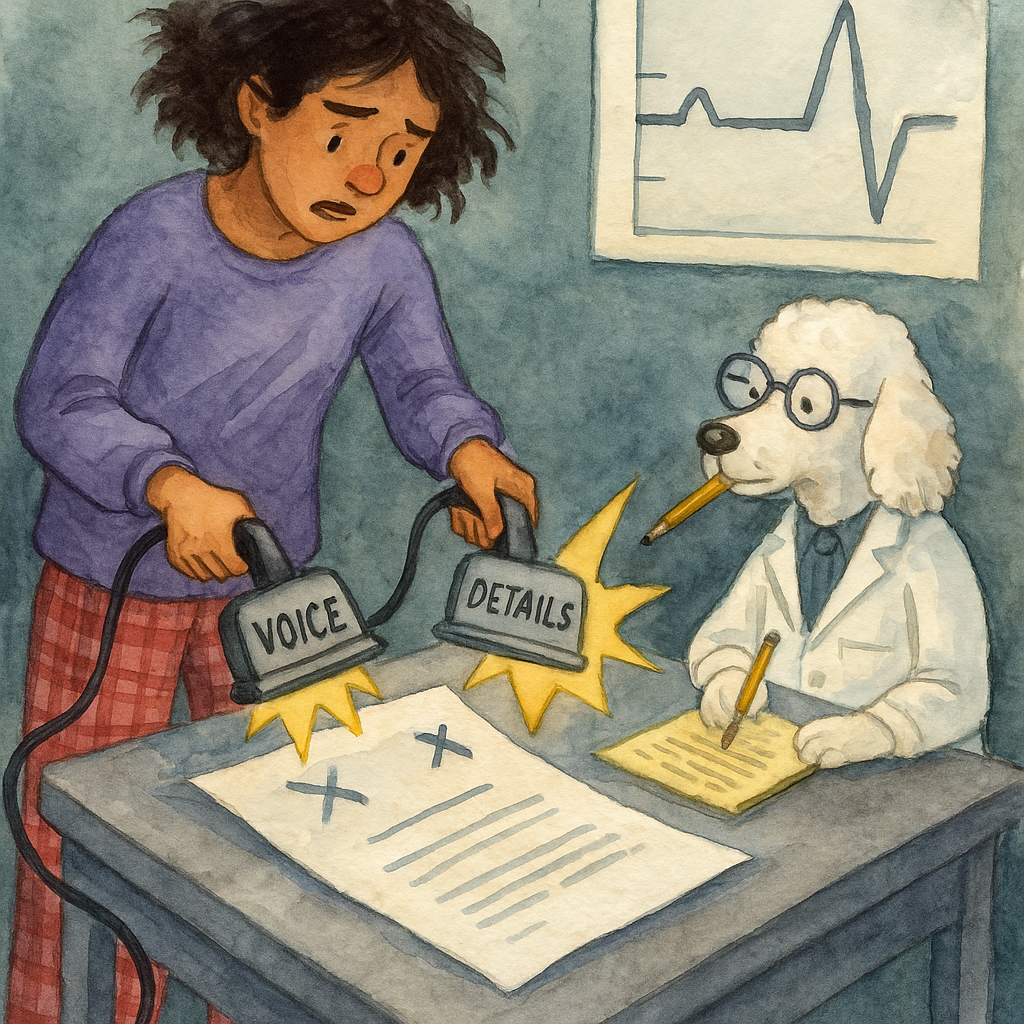What to Do If Your College Essay Feels Boring
So, you’ve written your college essay, and now you’re staring at the screen thinking, “This is fine… but it’s also kinda boring.” First of all, take a deep breath. Feeling stuck doesn’t mean your essay is a lost cause—it just needs a little more you. Let’s figure out how to bring your essay to life.
Step 1: Be So Specific It Hurts
The biggest reason your essay feels boring? You’re being generic. And generic is the enemy of memorable. If someone else could slap their name on your story, you’re playing it too safe. Think about the one weird thing that makes this story yours. Be unapologetic about it.
Example: Instead of writing, “I worked hard to overcome challenges in basketball,” dive deeper. Did you practice free throws at midnight, the basketball hoop lit only by the headlights of your dad’s truck? Did you learn to lead your team through a group text meltdown about jersey colors? If it feels niche or ridiculous, good. That’s what makes it real.
Step 2: Open Like a Mic Drop
“I learned a lot from volunteering” is a first sentence that belongs in the trash. Your opening should make someone sit up straighter and think, “Wait, what?” Don’t just start with a bang—start with the kind of bang that echoes.
Example: Instead of, “Volunteering at the food pantry taught me about giving back,” try: “I’ve never been more terrified than the day a six-year-old with a Paw Patrol backpack demanded extra pancake mix.” Hooks like this scream: “I’m a real human with an actual voice, and you’re going to like what I have to say.”
Step 3: Choose Weird, Specific Details
Forget "show, don’t tell" for a second and ask yourself: Does this detail make me obsessed? If not, keep digging. What’s the one image, sound, smell, or memory you can’t shake? Put that on the page. The more specific, the better.
Example: Instead of writing, “I worked hard to make my team better,” try: “I brought glitter glue to practice and convinced the team to make vision boards on our shin guards. By the end of the season, mine was peeling off but still sparkled enough to blind a referee.” Weird? Yes. Boring? No.
Step 4: Be Brave Enough to Be Flawed
Boring essays often come from trying too hard to look perfect. The best essays come from owning the messy, the awkward, and the deeply human. If your essay doesn’t make you feel a little exposed, you’re not digging deep enough.
Example: Instead of, “I always succeed because I work hard,” write about the time you tanked an audition so badly you forgot the lyrics halfway through and sang “Let It Snow” midsummer to stall. What did that teach you about handling failure? Vulnerability makes your essay relatable, and relatability makes it unforgettable.
Step 5: Stop Trying to Sound Smart—Just Sound Like You
Admissions officers aren’t looking for a perfect robot; they’re looking for you. The kind of you that laughs too hard at bad puns or can’t stop rewatching old episodes of Fear Factor. Let that version of you onto the page.
Example: One student wrote about their obsession with creating miniature worlds in shoebox dioramas—from a fully stocked 1950s diner to a Jurassic jungle complete with clay velociraptors. The essay wasn’t about winning an art competition; it was about how those tiny scenes helped them escape the chaos of their parents’ divorce. Another student wrote about coding an app to keep track of the exact moment their sourdough starter "peaked," which turned into a reflection on how precision and patience became their grounding forces during the pandemic. These essays weren’t just quirky—they revealed layers of passion, creativity, and resilience.
Step 6: Leave Your Reader With One Stunning Image
Your conclusion shouldn’t just summarize; it should feel like the final scene of a movie—the kind that stays in someone’s head long after the credits roll. Leave your reader with an image, a question, or a moment that feels like a mic drop.
Example: Instead of ending with, “This taught me to always persevere,” try, “Now, I imagine the basketball hoop lit by midnight, and I wonder: Am I still brave enough to miss the shot?”
A great ending doesn’t tie everything in a bow. It lingers, haunts, and makes your reader want to know more about you.
Your conclusion shouldn’t feel like you’re tying a bow on a present. It should leave your reader with a feeling or a thought that lingers. Instead of restating what you’ve already said, reflect on where this moment fits into your bigger story.
If your essay feels boring, it’s not because your story isn’t interesting—it’s because you haven’t gone far enough yet.
Be bolder. Be weirder. Write the details that make you laugh, cringe, or cry, because those are the moments that stick.
If you’re still stuck, don’t panic. Sometimes all it takes is a fresh perspective to see what makes your story shine. That’s where we come in. We’ll help you unearth the most vivid, passionate, and real version of your essay—the one that only you can tell.



Post a comment